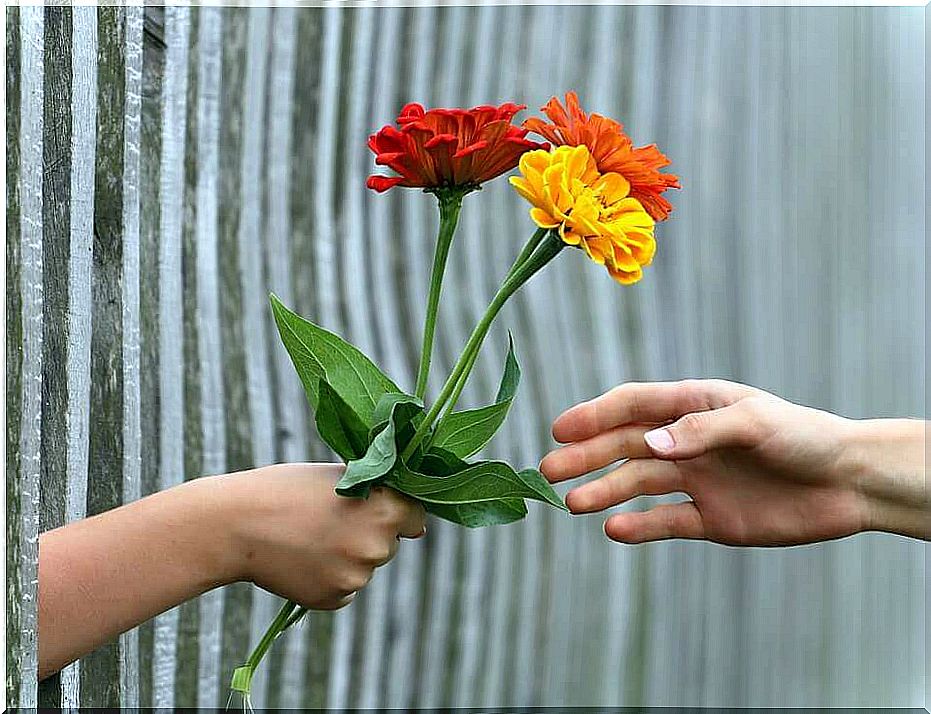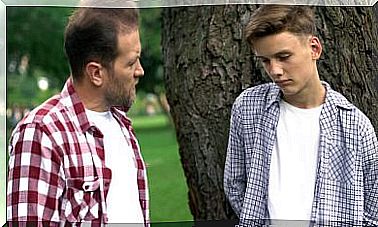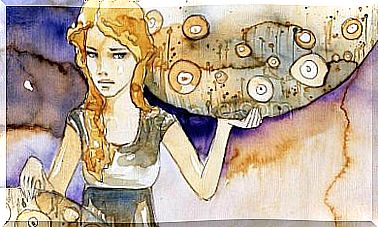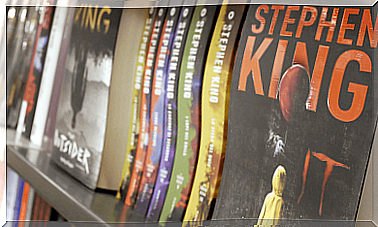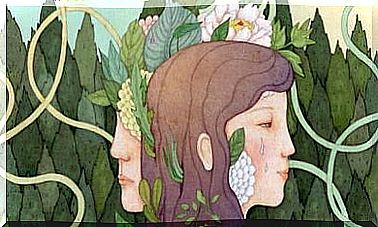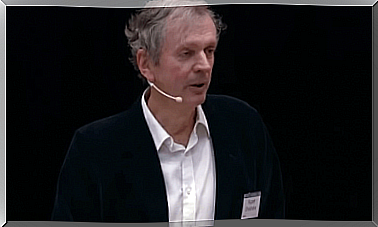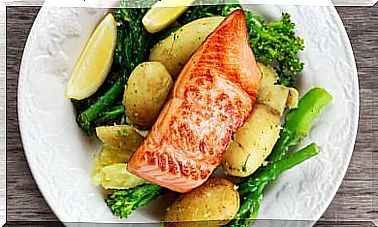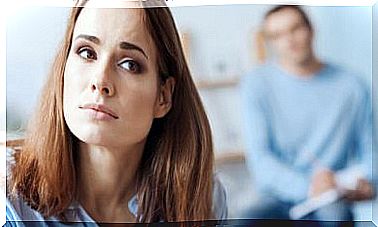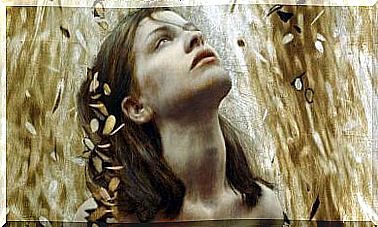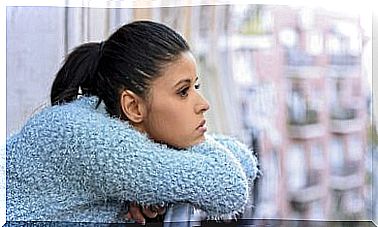The Paradox Of Freedom
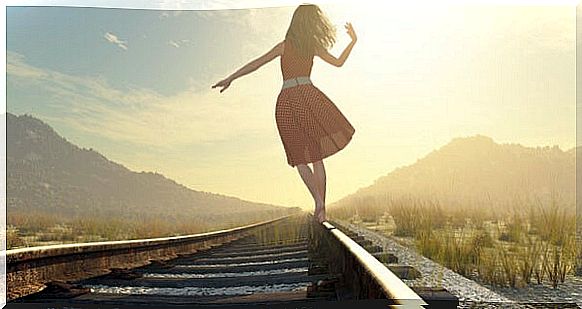
Any question with only two answer options, yes or no, seems easy to answer. But if we have to argue it, things get complicated. If they asked us, are you free? I could answer yes. That I am free because I can do whatever I want. Or not, that I am limited by my physical condition or by the moral restrictions of society. Both answers are true, but contradictory. How can I be free and not be free under the same conditions? How can we all be free if we want opposite things? The paradox of freedom is not easy to solve.
At present, liberalism and globalization, mainly, have contributed to the increase in supply and demand. In any supermarket we will find a multitude of foods, even out of season. Leisure options have increased. New businesses emerge every day that we would never have imagined. These changes have made it possible for us to choose from more options. The answer has been to consider that by having more options we are freer. But is this true?
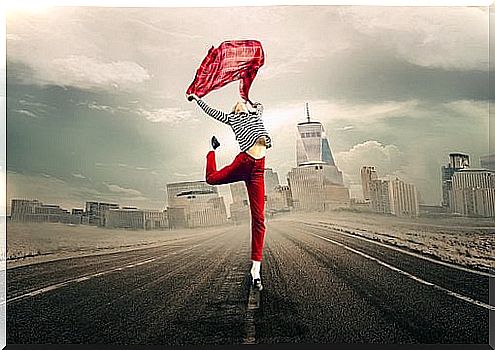
Odysseus paradox
In Lion Feuchtwanger’s apocryphal version of “The Odyssey,” Odysseus’ sailors, turned into pigs by a spell from the witch Circe, enjoyed their new animal status. For days, the sailors avoided Odysseus’ attempts to break the spell. They did not want to return to their human form. Odysseus, confused, told them that he had found a way to undo the spell. When they heard it, they ran to hide in terror.
After many attempts, Odysseus managed to catch one and rubbed it with the magical herbs. The pig returned to the form of the sailor Elpenor. The freed man, not at all grateful for his restored human condition, furiously attacked Odysseus: “So you’re back, you meddling rascal? Again to annoy and annoy us? Again to expose our bodies to danger and force our hearts to make new decisions? I was so happy, I could roll in the mud and frolic in the sun, I could swallow and choke, grunt and snore, free from doubts and reasons… What did you come for! To throw myself back into my hateful old life? “
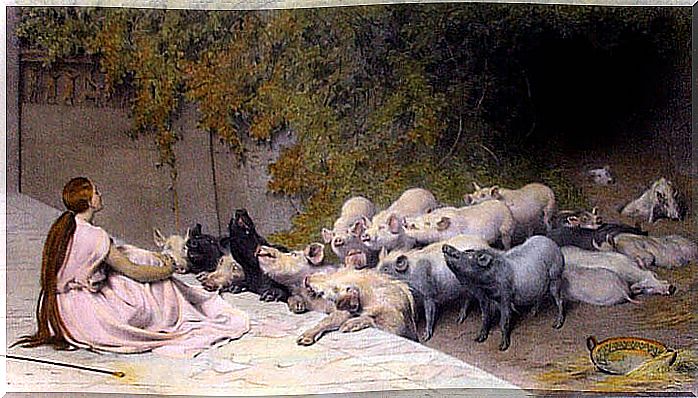
The paradox of freedom of choice
Years ago the offer was small. When we went to a store, the products we could choose from were few. The choice was easy. If I was going to buy some pants and there were only three types of pants, the choice was easy. I just had to choose between the three kinds of pants and find my size. When leaving the store I would find the window of another clothing store. My pants would probably be the same or better than those in that window. My choice would lead me to be satisfied with the purchase.
Now, on the other hand, there are many types of pants. When I go to buy pants at a store I find twenty different types. The choice is no longer so easy. If I had to try on all the pants that I like to choose one, I would waste too much time. In the end I will choose one, any one of those that at first glance I like. Or it may take a while to decide between the three that I like the most. Then when I walk out of the store in my new pants, I will glance at the window of the store next door. Horror !, a pants that I like more and cheaper. The result, complete dissatisfaction with the purchase.
Now think of something that updates much faster, such as technological gadgets, how long does our satisfaction with them last?
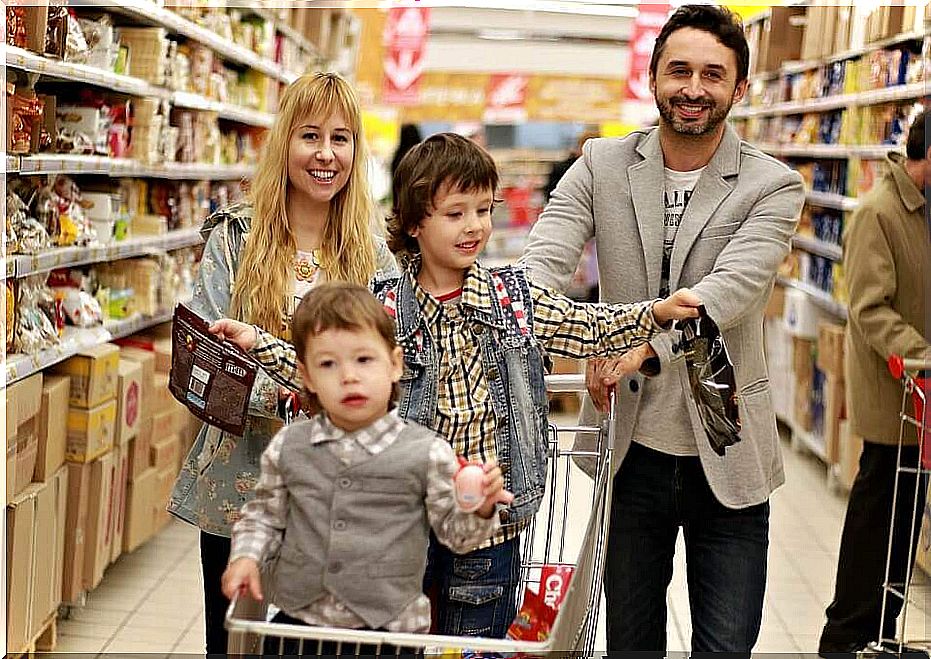
The paradox of freedom
Our freedom may lie in choice, but then freedom has a price. Having many options requires greater cognitive resources to decide. More the more options there are, the math is clear. Therefore, the excess of options can generate paralysis. Entering a store and leaving with nothing. A greater number of available options will weaken our decision-making and especially the feeling that remains of that decision when we look back at the market.
The paradox of freedom of choice describes our tendency to be less satisfied with our acquisitions the more alternatives exist. The problem is not what we choose, but everything we give up when choosing. So much so, that our satisfaction is reduced to each choice. Therefore, in this case, freedom would reduce satisfaction. We are free to be less happy.
However, it has been proven that those people who spend on others, who buy for other people, are much happier with respect to the decision and the things they buy. It is easier to be satisfied with a purchase made for someone else since satisfaction is not derived in this case from the object, but from the act of giving. Our paradox of freedom is here resolved, at least partially. The freedom may not be in having more options (of purchase), but in the act of using that freedom to choose to share.
